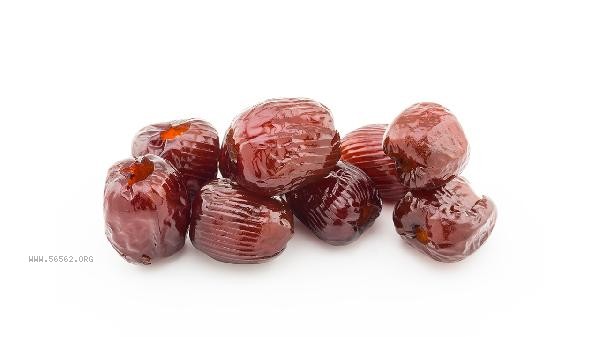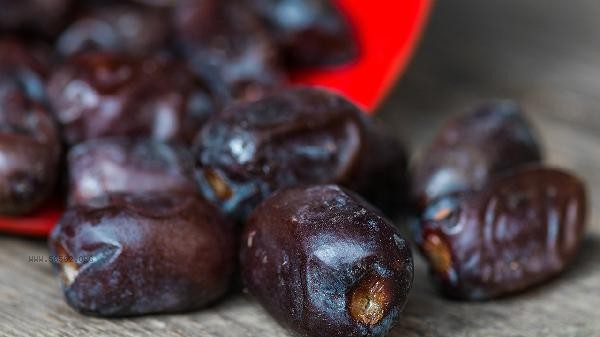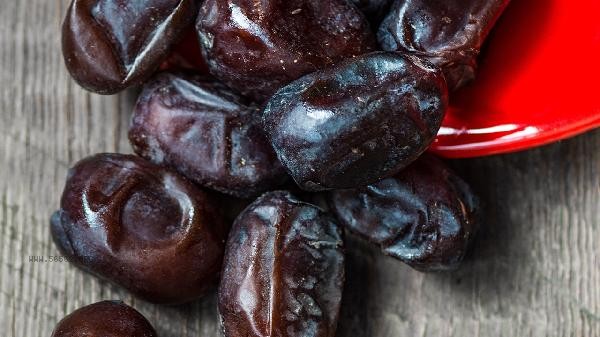Jujubes stored for over a year are usually not recommended for consumption. The shelf life of honey jujube is affected by storage conditions, packaging methods, whether it is opened, and other factors. If it exceeds the shelf life, mold growth or nutrient loss may occur. Jujube belongs to high sugar foods, and sugar can inhibit the growth of some microorganisms, but there are still risks in long-term storage. Unopened and vacuum sealed honey dates may prolong their storage time in a cool and dry environment, but exposure to air and moisture after opening can accelerate spoilage. If honey dates are found to have an odor, stickiness, discoloration, or mold spots, they should be discarded immediately. If stored improperly, honey dates may still harbor mold or insect eggs even before their expiration date. Homemade honey dates have a shorter storage time due to the lack of professional sterilization technology. It is recommended to choose small packaging when purchasing, consume as soon as possible after opening, and store in a sealed container to avoid moisture.

Honey dates should be stored in a cool and dark place, avoiding high temperature and high humidity environments. Before consumption, carefully inspect the appearance and odor, and stop consumption immediately if any abnormalities are found. For people with diabetes or weak gastrointestinal function, more attention should be paid to food freshness. It is suggested to choose fresh dates to replace long-term stored jujube products, which not only ensures nutrition intake but also reduces food safety risks.











Comments (0)
Leave a Comment
No comments yet
Be the first to share your thoughts!